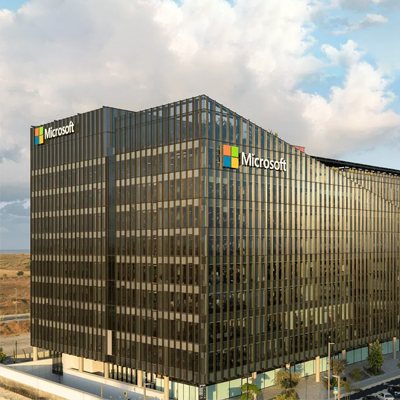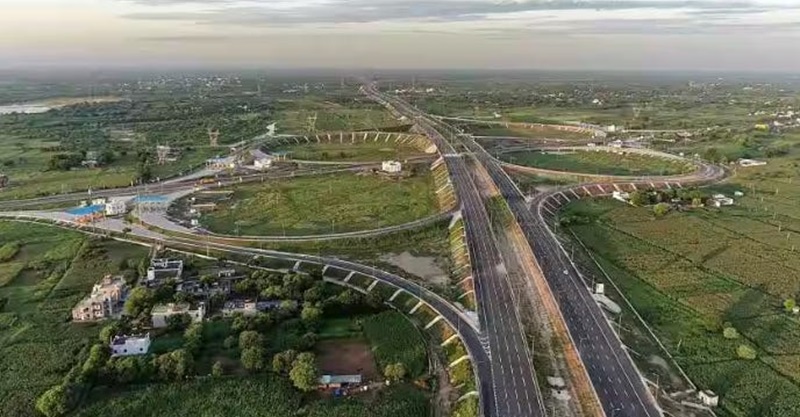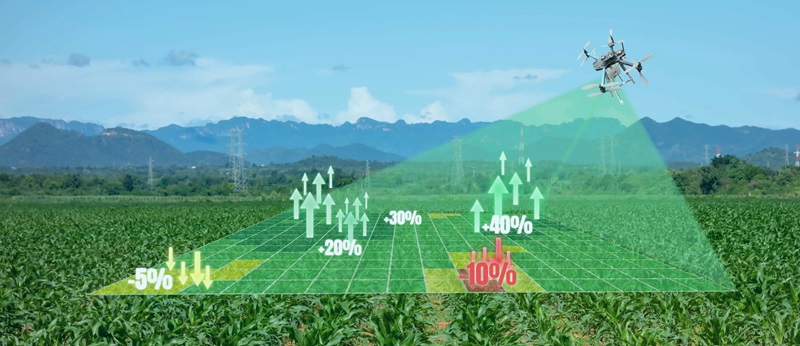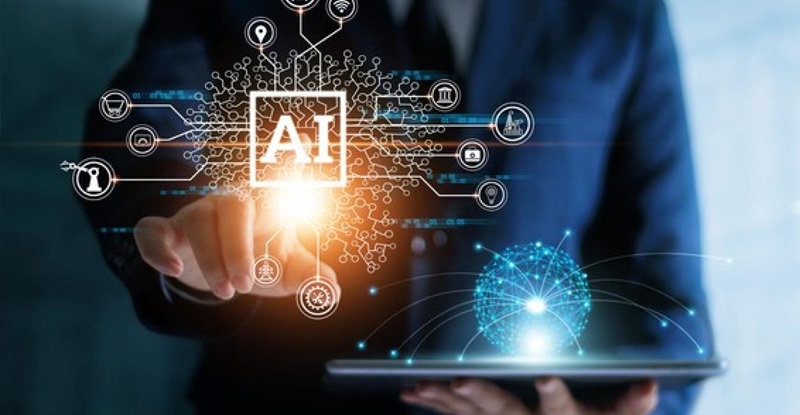Unlocking Knowledge Horizons: Navigating the Future with Digital and Blended Education

Vaibhav Srivastava : Lead - Education & Early Stage EdTechs @ Google Cloud
Nelson Mandela's profound words, "Education is the most powerful weapon which you can use to change the world," resonate even more in the context of today's rapidly evolving technological landscape. In our contemporary era, the democratization of education hinges on harnessing the boundless potential of technology for its widespread delivery and dissemination.
Acknowledging that educators are not inherently technologists, embedding technology into the very core of education has posed a formidable challenge for Chief Information Officer. In this article I will try to delve deeply into the landscape of opportunities and obstacles that technology ushers into the realm of education, casting a spotlight on the pivotal role that CIOs play in orchestrating this transformative journey.
The Evolution of Educational Technology
Over the last 15 years, I've witnessed a dynamic evolution in the educational technology landscape. The journey has traversed from rudimentary in-house data centers and bespoke software solutions to the proliferation of licensed software applications. Smartboards revolutionized classrooms, and the embrace of Education SAAS models paved the way for cloud-based applications.
The ascent of AI/ML-based learning marked a significant milestone, culminating in the current surge of GenAI utilization. This period has ushered in a revolution of sorts, reshaping the very essence of learning, teaching methodologies, and institutional operations.
The Influence of Technology on Learning
Technology's impact on learning is profound and tangible. The days of learning solely from textbooks and traditional lectures are a bygone era. The digital age has empowered students with an abundance of information accessible at their fingertips.
This autonomy in learning pace and style, coupled with global collaboration and access to unprecedented resources, has redefined the traditional classroom paradigm.
A Technological Renaissance in Teaching
The transformation brought about by technology is equally compelling in the realm of teaching. Departing from conventional classroom confines, the advent of online learning platforms has empowered educators to transcend geographical boundaries. Interactive lessons, enriched by technology, have engaged students more effectively, fostering customized instruction and personalized attention.
The Camaraderie between educators, amplified by technology driven resource sharing, has cultivated a dynamic ecosystem of educational innovation.
Technology as the Bedrock of Hybrid Learning
Technology has erected the foundation upon which hybrid learning stands, blending conventional classroom interactions with digital flexibility. Online learning platforms, virtual reality, and augmented reality have dismantled geographical constraints, empowering students to learn from diverse environments worldwide.
The infusion of artificial intelligence has tailored learning experiences, offering real-time feedback and fostering adaptable education methods. This symbiotic blend of personal attention and remote learning epitomizes the hybrid model's dynamic potential.
Modernizing Administration and Augmenting Efficiency
Educational institutions have experienced an unprecedented metamorphosis due to technology's omnipresence. The transition from paper-bound operations to digital efficiencies is emblematic. A thriving ecosystem of educational technology enterprises caters to administrative needs, spanning School SIS, ERP, CRM, Digital Marketing, and Student Lifecycle Management solutions.
Every digital facet, meticulously harnessed, amplifies data-driven decision-making, revolutionizing operational acumen.
The Emergence of Generative AI in Education
The emergence of Generative AI (GenAI) stands as a beacon of innovation in education. The upward trajectory of Generative AI entails distinct advantages.
Personalized learning: Tailoring educational experiences based on individual needs, like identifying struggling students and offering extra support.
Real-time feedback: GenAI offers instant input on student work, aiding skill enhancement. For instance, assessing grammar and style.
Task automation: Automating tasks such as grading papers, freeing educators for vital activities like lesson planning and student interaction.
Interactive learning: GenAI designs engaging experiences, like virtual reality simulations for historical events or scientific phenomena.
Access to resources: GenAI facilitates global access to educational materials, enabling improved learning and skill development. For instance, curating personalized learning playlists aligned with student interests and needs.
Addressing Challenges Amid Pervasive Technology Adoption
Yet, amidst this transformative wave of technology adoption, a few challenges emerge
Digital Disparities: Uneven access to technology perpetuates educational inequalities.
Cyberbullying: The virtual realm presents a new arena for student vulnerability.
Distraction Dynamics: The allure of technology sometimes impedes focused learning.
Abundance of Options: A proliferation of solutions can confound institutions seeking optimal choices.
Health Hazards: Prolonged screen exposure and sedentary behaviour pose health concerns.
The Role of the Education CIO
Central to this transformative endeavour stands the Education CIO/CDO, bridging leadership, stakeholders, educators, and students. Tailoring the digital transformation journey to each institution's unique context is paramount. As technology's tides continue to surge, careful phase-outs and consideration for forthcoming technological waves underscore the CIO's strategic stewardship.
Managing this transition within a non-technical educational landscape elevates change management to a paramount phase, rivalling the implementation of technology itself.
In summary, the infusion of technology into education wields both empowerment and cautionary tales. Personalized learning, real-time feedback, task automation, interactive experiences, and global access to resources paint a transformative canvas. Simultaneously, disparities, cyberbullying, distraction dynamics, complexity in choices, and health considerations warrant judicious evaluation. Personally, I pledge to champion the embrace of technology in education, steering its course through complexities for years to come.
Vaibhav is a dynamic leader at Google Cloud, spearheading education and early-stage EdTech initiatives. With a proven track record as a mentor, startup coach, and early stage investor, he is dedicated to shaping the future of education through innovation. His expertise in education technology is underlined by his impactful talks that inspire change and progress.
Vaibhav's leadership in driving Google Cloud solutions for education showcases his commitment to advancing digital learning. With a passion for nurturing startups, he serves as a guiding light for emerging entrepreneurs. Through his diverse skill set, Vaibhav is revolutionizing the landscape of education and technology, leaving an indelible mark on the industry.








